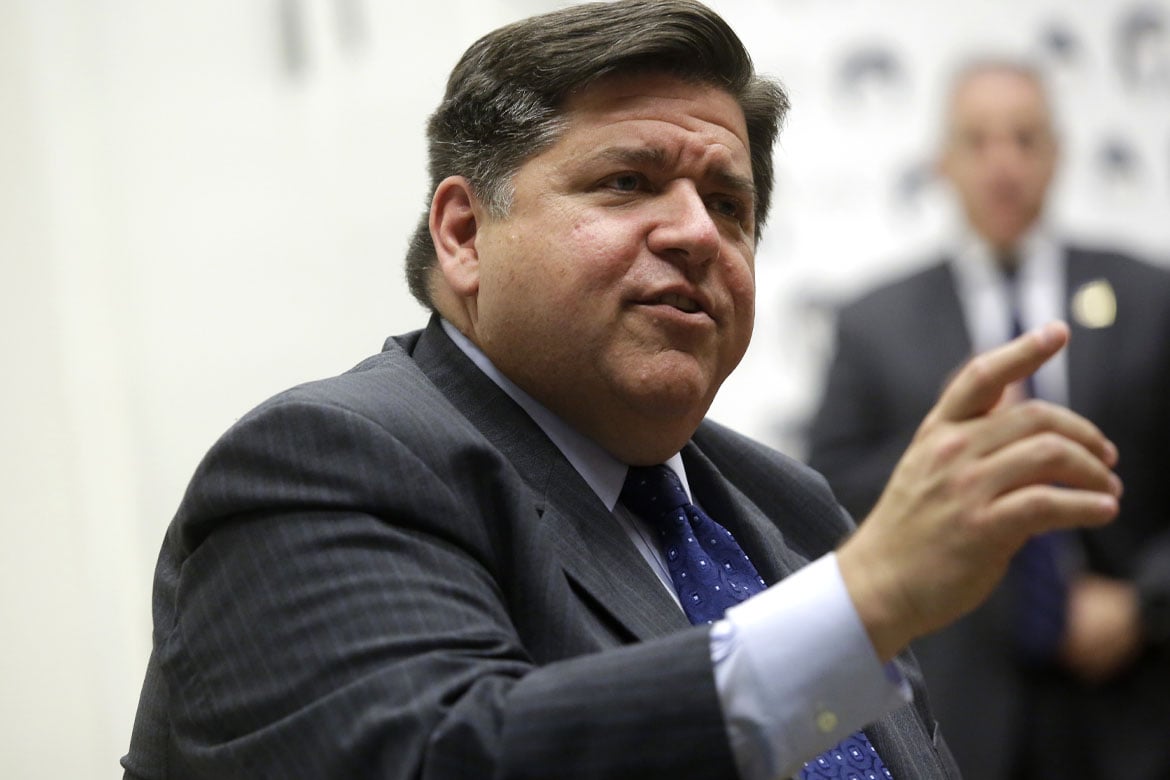Illinois physicians recently escaped seeing the medical liability climate in the state become even more burdensome, but now face another challenge.
Gov. J.B. Pritzker recently vetoed a bill that would have required physicians to pay 9% annually in prejudgment interest in medical liability cases. Now, however, another measure that has reached his desk—Senate Bill 72—would require doctors to pay 6% in annual prejudgment interest. The interest would accrue from the time a lawsuit was filed to the time of the judgment. The measure would apply to defendants in other civil actions as well.
If S.B. 72 becomes law, it could increase medical liability awards by tens or hundreds of thousands of dollars, as it can take years for cases to resolve. On top of that, COVID-19 has dramatically slowed pending cases winding through the court system, which would have added even more days for the interest to pile up.
“Enacting S.B. 72 would be bad for patient access to care by making the medical lability system worse than it already is,” AMA Executive Vice President and CEO James L. Madara, MD, told Pritzker in a letter opposing the bill and encouraging the governor to veto it.
“To preserve patient access, especially during a pandemic, nothing should be done to make it more difficult to maintain an Illinois practice or discourage physicians from coming to Illinois,” Dr. Madara wrote. “Unfortunately, enacting S.B. 72 would do just that by exposing physicians to financial burdens, burdens over which they may have little or no control.”
Learn about the AMA’s commitment to keeping medical liability insurance rates stable through its work with state and specialty medical associations and other stakeholders to pursue traditional and innovative medical liability reforms at the state level. Reforms are essential to ensuring that patients do not lose access to physicians and a full range of health care services.
Access to care threatened
The AMA told the governor that Illinois’ medical liability system already adversely affects patients, including limiting their access to care. Physicians, particularly specialists such as ob-gyns and general surgeons, may alter or limit their practice patterns to limit their exposure to litigation. In addition, physicians choose to practice in states where the liability system puts less pressure on them, the letter says.
“It’s highly likely that the pandemic’s negative effect on the efficient resolution of medical liability and other civil cases will stretch well into the future. During all this time, the interest adds up and the financial burden mounts. The consequence is that practicing in Illinois will become more difficult financially and less attractive, which may threaten the timely access to care that Illinoisans deserve,” Dr. Madara wrote.
Find out the 14 states that have seen medical liability insurance rates jump more than 10%.
Physicians bolster overall economy
The bill would have hurt the Illinois economy, as physicians support about 397,000 jobs in the state and generate $73.2 billion in total economic activity. That amounts to 9.5% of the Illinois economy, Dr. Madara noted.
According to AMA research, each physician in Illinois:
- Creates $2.4 million in economic output.
- Supports 13.1 jobs.
- Accounts for $1.2 million in wages and benefits.
- Contributes about $100,000 in state and local tax revenues.
“Keeping the liability climate, and in turn, the practice environment for Illinois’ physicians stable will not only build the physician workforce and ensure patients access to care, but will also drive Illinois’ state and local economies,” Dr. Madara wrote.
State medical liability reform is essential to fix a broken liability system, ensuring that patients do not lose access to physicians and a full range of health care services. Together with state and specialty medical associations and other stakeholders, the AMA is pursuing both traditional and innovative medical liability reforms at the state level. To learn more, read Medical Liability Reform NOW!




